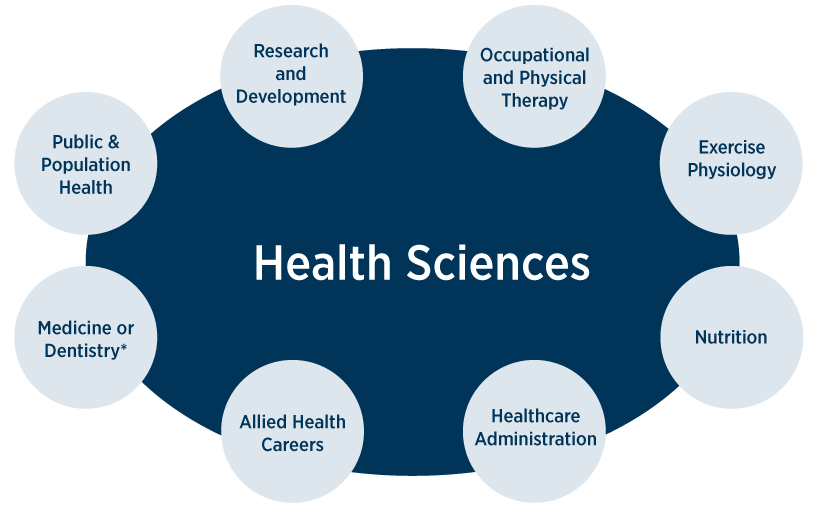Introduction
Jobs with an allied health science degree – Allied health science degrees prepare individuals for a wide range of careers in the healthcare field. These degrees provide a foundation in scientific principles, clinical skills, and patient care, enabling graduates to work alongside physicians, nurses, and other healthcare professionals.
Pursuing an allied health science degree offers several benefits. It can lead to rewarding and fulfilling careers, provide opportunities for career advancement and specialization, and make a significant impact on the lives of patients and their families.
According to the U.S. Bureau of Labor Statistics, the job outlook for allied health professionals is expected to grow faster than average in the coming years. This growth is driven by an aging population, increasing healthcare needs, and technological advancements.
Types of Allied Health Science Degrees
There are various types of allied health science degrees available, each with its own duration, curriculum, and career paths:
- Associate Degree:Typically a two-year program that provides a foundation in healthcare principles and prepares students for entry-level roles.
- Bachelor’s Degree:A four-year program that offers a more comprehensive education in allied health sciences and qualifies graduates for a wider range of roles.
- Master’s Degree:A two-year program that provides advanced training and specialization in a specific allied health field.
- Doctorate Degree:The highest level of allied health education, typically pursued by individuals seeking research or leadership roles.
Job Opportunities with an Allied Health Science Degree
Graduates with an allied health science degree can pursue a variety of job roles, including:
- Medical Assistant:Provides administrative and clinical support to physicians and nurses.
- Occupational Therapist:Helps patients regain or improve physical function after an injury or illness.
- Physical Therapist:Assesses and treats movement disorders and injuries.
- Respiratory Therapist:Manages and treats patients with respiratory conditions.
- Speech-Language Pathologist:Evaluates and treats speech, language, and swallowing disorders.
Skills and Qualifications for Allied Health Professionals

Successful allied health professionals possess a combination of essential skills and qualifications:
- Soft Skills:Communication, empathy, teamwork, and problem-solving abilities.
- Technical Abilities:Knowledge of medical terminology, anatomy, and physiology.
- Certifications:Industry-recognized certifications enhance credibility and demonstrate competence.
Career Advancement and Specialization: Jobs With An Allied Health Science Degree
Allied health professionals have opportunities for career advancement and specialization. They can pursue:
- Leadership Roles:Management, supervision, and administration positions.
- Advanced Practice Roles:Nurse practitioners, physician assistants, and clinical specialists.
- Research and Development:Conducting clinical trials and developing new treatments.
Final Summary
Pursuing a career with an allied health science degree opens doors to a rewarding and in-demand field. These professionals make a significant contribution to the healthcare system, providing essential support to patients and their families. With the increasing demand for healthcare services, allied health professionals will continue to play a critical role in shaping the future of healthcare delivery.
FAQ Corner
What are the different types of allied health science degrees available?
Allied health science degrees encompass a wide range of specializations, including medical assisting, nursing, respiratory therapy, physical therapy, and occupational therapy.
What are the job responsibilities of an allied health professional?
Allied health professionals perform various tasks depending on their specialization, which may include patient care, diagnostic testing, treatment planning, and rehabilitation.
What is the job outlook for allied health professionals?
The job outlook for allied health professionals is projected to grow faster than average due to the increasing demand for healthcare services and the aging population.